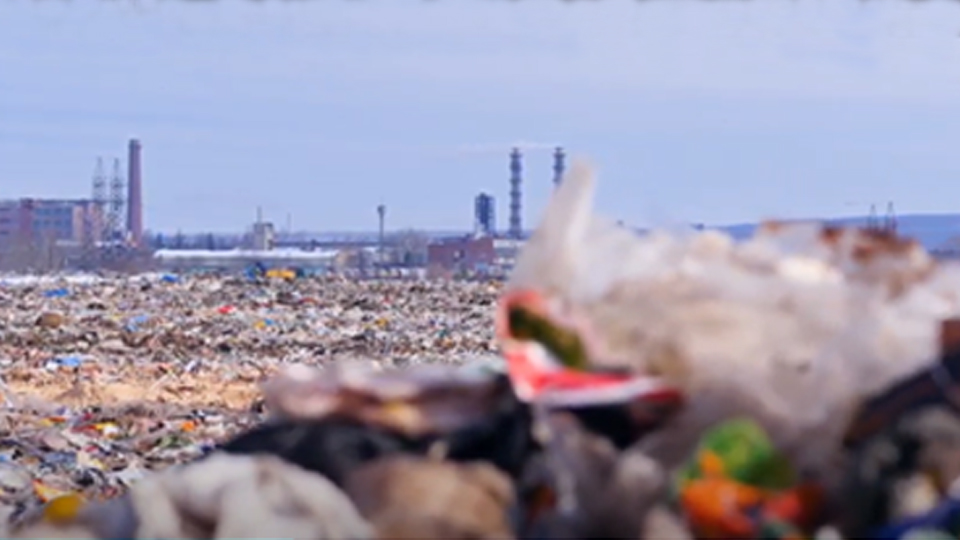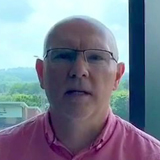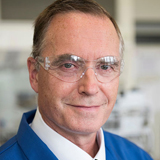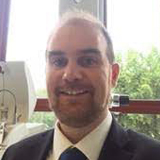Closing the loop on plastics
Recycling end-of-life plastics to create a range of useful products and packaging
Plastic waste is one of the most polluting man-made materials to our oceans and wider environment.
A system that processes plastic waste whilst deriving useful building blocks from it, reduces plastic pollution and can provide a solution to our current environmental crisis.
Our collaboration with Plastic Energy is helping to facilitate their unique TAC™ process that does just that. Our bespoke model has refined the company’s technology – and been key to the safe processing of a wider range of plastics alongside a more controlled production of useful materials.
Our impact
Plastic Energy’s achievements
- Patented and proven recycling technology converts end-of-life plastic waste into an optimal feedstock (TACOIL™) for making clean recycled plastics used for food-grade packaging.
- For every tonne of end-of-life plastic waste processed in Plastic Energy’s plants, hundreds of litres of TACOIL™ are produced.
- The company is a signatory of the Ellen Macarthur Foundation’s New Plastics Economy Global Commitment - which is a commitment for using all TACOIL™ from its process to create new plastics, benefitting the circular economy.
- Plastic Energy has a goal to recycle five million tonnes of plastic waste by 2030.
Wide technology take-up
- Plastic Energy has offtake agreements with many of the major petrochemical companies in the industry.
- Leading polymer producer SABIC uses Plastic Energy’s feedstock to create recycled polymers that can be incorporated by brands into food-grade packaging.
The research
Our multidisciplinary collaboration with Plastic Energy began in 2015 and draws on our expertise in materials analysis and characterisation as well as our hands-on process design and management capabilities.
The first phase of the work was the design and build of a small-scale model to replicate the company’s chemical recycling system, but with additional analytical sampling points to assess the plastic conversion process in real-time.
This allowed us to refine and optimise the process, identify and eliminate contaminants, and ensure consistent TACOIL which can be up-cycled into polymers for the production of virgin-quality plastic, suitable for food use.
Plastic Energy’s patented TAC™ process reduces the environmental impact of plastic production and end-of-life processing. Widespread adoption will reduce resource depletion and help to curb pollution.
Research funder
- Plastic Energy
Development partners
- Plastic Energy
Commercialisation
Our research underpins Plastic Energy’s patented technology which is leading the way in the recycling of end-of-life plastics.




